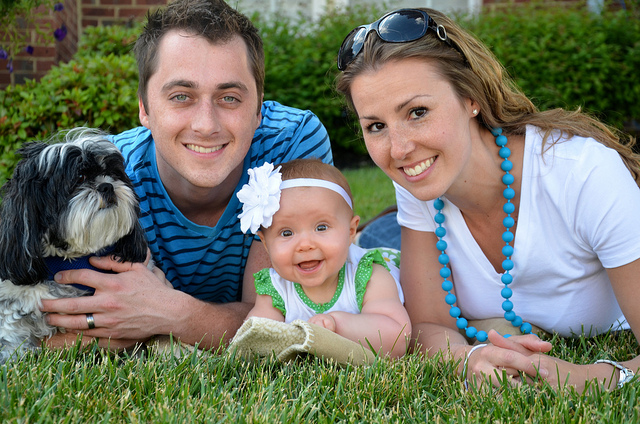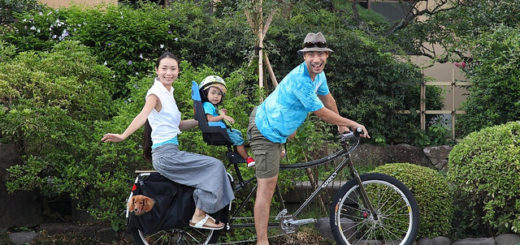Parental Attitude Shed Light To Children Treating Animals Badly And To Sibling Rivalry
Last week I was asked to help a family where a 10 year old girl was hurting the family’s puppy who had recently joined them. This week I was asked a question about an older brother treating his younger brother badly. Another adult client was talking about her older brother treating her and her belongings with extreme disrespect. As I was thinking about these issues a pattern about sibling rivalry started to emerge. The common aspect to all these examples was the parental attitude towards the young. Adults in charge were overly loving of one whilst, somewhat, rejecting of the other.
During the first interview with the little girl and her family I was able to observe how the father was talking softly of the puppy. I could imagine him at home being very gentle and loving towards it. The little girl, however, was frequently criticized and must have felt out of favour. Both parents expressed disapproval of her both with their voices and with their behaviour. Their attitude towards their daughter seemed like the complete opposite of the one towards their puppy.
I don’t know about you but if I were that little girl I certainly would be jealous of this puppy! It seems as if this family knew how to accept and look after the needs of the babies; but when the baby grows to acquire some independence and expresses some individuality they don’t know how to handle her.
Of course, It is good to show affection to pet animals in front of children, a behaviour they can copy. However, this modelling does not work when the relationship with the parent is damaged. In this family especially the father was rejecting their daughter for her misbehaviours. The harsher and the more rejecting father’s attitude the more problematic their daughter’s behaviour becomes.
Parental Attitudes And Sibling Rivalry Go Hand in Hand
Few parents realise that for a child bad attention is always better than no attention. After a while the child misbehaves in order to feel included in a relationship. This negative attention inevitably leads to unforeseen and unwanted troubles. Do you remember the question I was asked about older brother hurting the younger one? I wondered how the parental attitude has been for this sibling? Could the younger one be idealised whilst the older one is demonised?
This was the case with my adult client whose sibling was extremely disrespectful of her and of her belongings. She was the perfect child whilst he was the irresponsible one. I remember my own brother being emotionally cruel to me as a kid, deriving pleasure from my distress. I was neither a perfect child nor my brother a delinquent. But I still can’t help wondering if he was also suffering from being the first in our family where our parents lacked good experiences of being nurtured by their own parents as they grew up.
It is easy to love a baby or a puppy or a kitten. Nature equips us with the right hormones so that we love the weak and the cute offspring of almost any species. Continuing to provide unconditional love for our child who is experimenting with independence, who is making mistakes whilst acquiring new skills is not straightforward. It’s not simply that our wounds from the past which we attempted to heal with layers of defensive thoughts and beliefs get in the way. We may also lack sufficient role models on which to base positive, nurturing behaviours.
Parents! Your Child Need Your Approval and Love
Even though your child’s body may not be as small and as vulnerable as when they were a baby they still need as much, if not more, to face the challenges of growing up. If your child is treating animals badly or fighting with their sibling cruelly, shows no remorse and you don’t know what to do – ask yourself if and how your child may consider themselves being treated unfairly and how they might have grown in resentment. Are they often told off for what they are doing? Are they more criticised than accepted? How often do you talk to them and touch them lovingly? How severely are they chastised when they make a mistake and how quickly and how consistently do you make up? Is it safe for them to express their emotions, such as jealousy, anger, sadness with you? How do you deal with these emotions in your child? How do you deal with these in yourself?
These are very important questions we need to explore if we were to make a difference. Examine your own behaviour carefully. Ask a trusted adult to observe you around your child and pet. If you can satisfy the emotional needs of a child age appropriately he or she will only take you as an example and treat animals well. It is said that children hold a mirror to their parents. If your child is treating animals or their siblings badly they are showing you how they experience you treating them. Could it be that you were sometimes treated with rejection at times as you grew up?
Attribution 2.0 Generic (CC BY 2.0) image:David Amsler





